Needing a life-saving liver transplant, Providence man hopes for kindness of living donor
PROVIDENCE – As he waits for a liver transplant, his health continuing to decline, Jack Bresnahan imagines his life after the organ is found.
First on his list of things to do: buy an engagement ring for his girlfriend, Joey.
“She’s very supportive of me, but the health conditions and the financial conditions have had an impact on our relationship,” Bresnahan said. “I met her when we were 19, and we're going to be 30 this year. I still haven't been able to make enough money to buy a ring to propose to her. And I’ve known I wanted to marry her since the day I met her.”
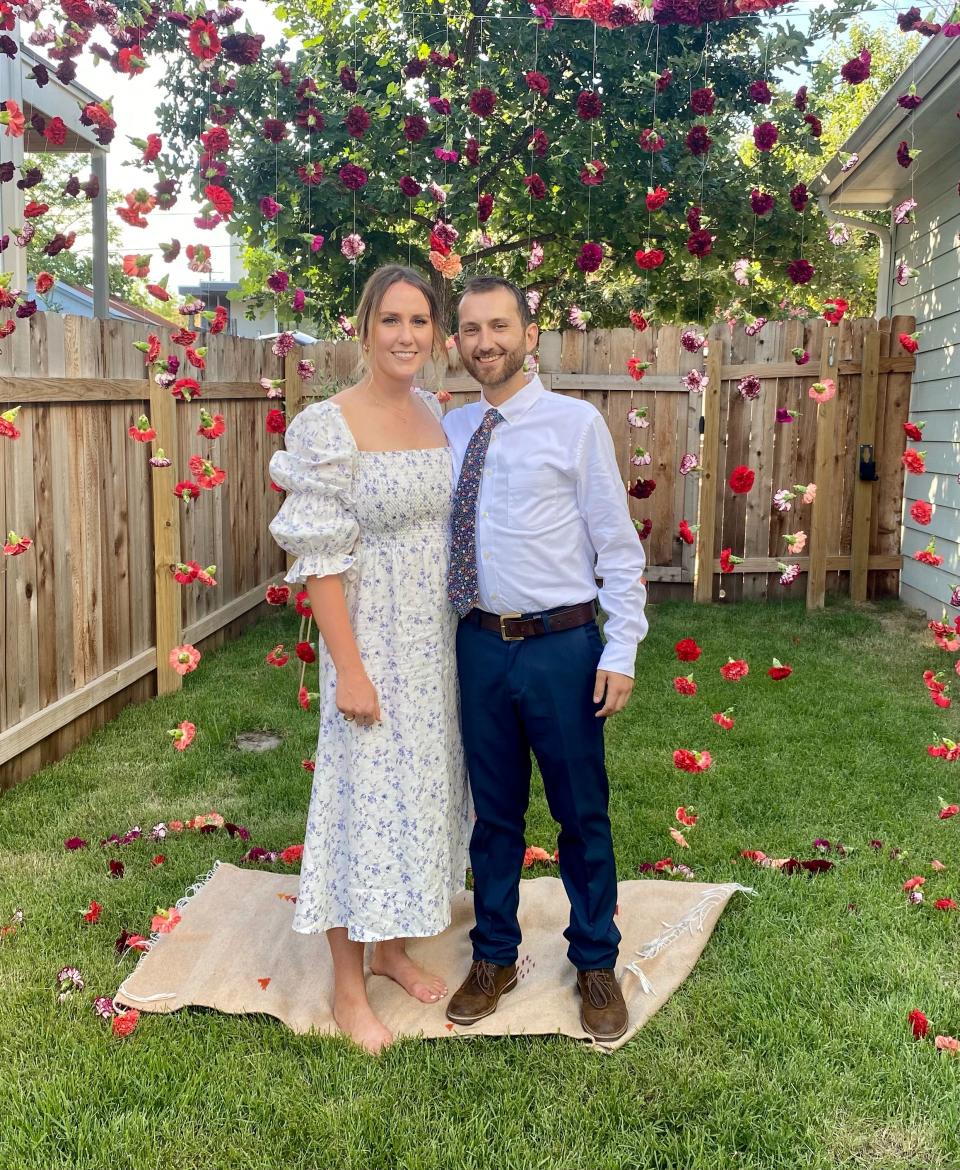
An elementary school teacher whose condition does not allow him to work full-time, Bresnahan at age 6 was diagnosed with ulcerative colitis and primary sclerosing cholangitis, an auto-immune disease that gradually scars the liver. Last year, he was diagnosed with liver cancer. For six years, he has been on waiting lists for a donor.
Livers for transplantation can come from a person who has just died – or from a living person willing to donate half of their organ. Because of its blood supply and other anatomical features, the liver, uniquely among the organs, can be surgically divided without harm to the donor.
“The donor's remaining liver regrows and returns to its normal size, volume and capacity within a couple of months after the surgery,” according to the Mayo Clinic. “At the same time, the transplanted liver portion grows and restores normal liver function in the recipient.”
A national organ donor shortage
With a national shortage of livers for transplantation, an organ from a deceased person has not come Bresnahan’s way. Nor have any friends or relatives been a match for a living donation (compatible blood type and good donor health are among the requirements).
And so, hoping for the kindness of a stranger, he and his medical team have issued a public appeal.
Because there is no liver transplant program in Rhode Island, he turned to Yale New Haven Health’s Center for Living Organ Donors, which evaluates donor candidates and arranges for the two related operations.
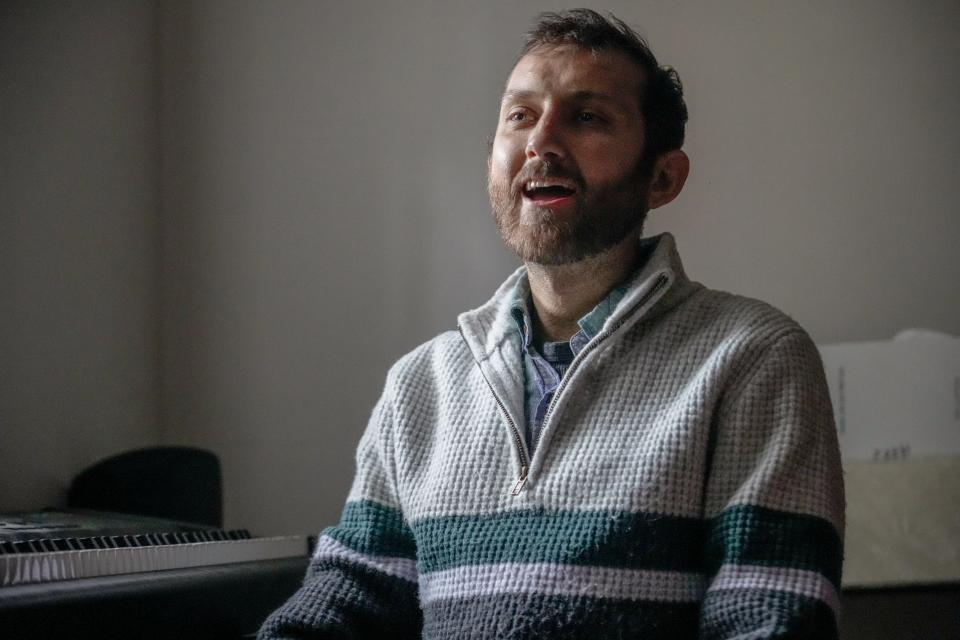
In an interview with The Journal, Yale New Haven Health’s Dr. AnnMarie Liapakis, a member of Bresnahan’s team, spoke of the challenges of finding donors for the Rhode Island man and others on waiting lists. According to the federal government’s organdonor.gov website, 11,891 patients in the U.S. were on waiting lists last year – but only 9,236 transplants were performed, a result of continuing donor shortages. Many died before getting a chance.
With $35-million upgrade, Hasbro Children's Hospital is transformed into a gem
"It's a limited resource in terms of deceased donor organs, compared to the number of people waiting,” said Liapakis. “So that's why we look to living-donor liver transplants to provide increased opportunity. Of course, if we didn't have to ask healthy people to step forward and give of themselves, we wouldn't. But that's the current landscape right now.”
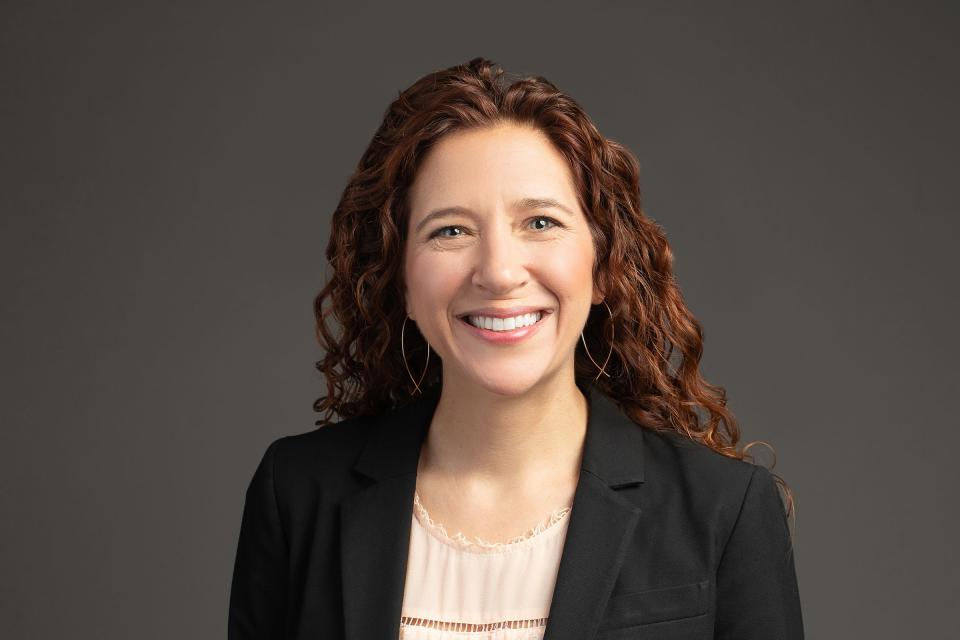
In screening potential donors, Liapakis said the Yale program considers more than biological compatibility.
“We do assure that donors are educated and that we set appropriate expectations so that they have support time off and resources to help them through the donation and recovery period,” she said. “Of course it's illegal to pay for organs, but what is available is support to cover lost wages, child or dependent-care expenses, so that it shouldn't cost a donor to come forward.”
For 46 days, RI family didn't know their father had died, was buried in unmarked grave
Asked about safety, Liapakis said “as with any operation, there is some risk. Transplant programs do everything they can to minimize risk and protect donor safety. That's the priority. The risk of a very serious complication is actually very small… [Minor] complications are readily treated and resolved quickly and most donors will report a very positive experience.”
'It's really heartbreaking'
Another member of Bresnahan’s team, Dr. Uyen Kim To, said she has gotten to know him well during the years he has been her patient.
“He loves his work. He's very dedicated to his community and his family and it's really heartbreaking that despite all his efforts, he hasn't found a compatible donor. Numerous people have stepped up but the process of finding a match sometimes is difficult and he's getting sicker every day.”
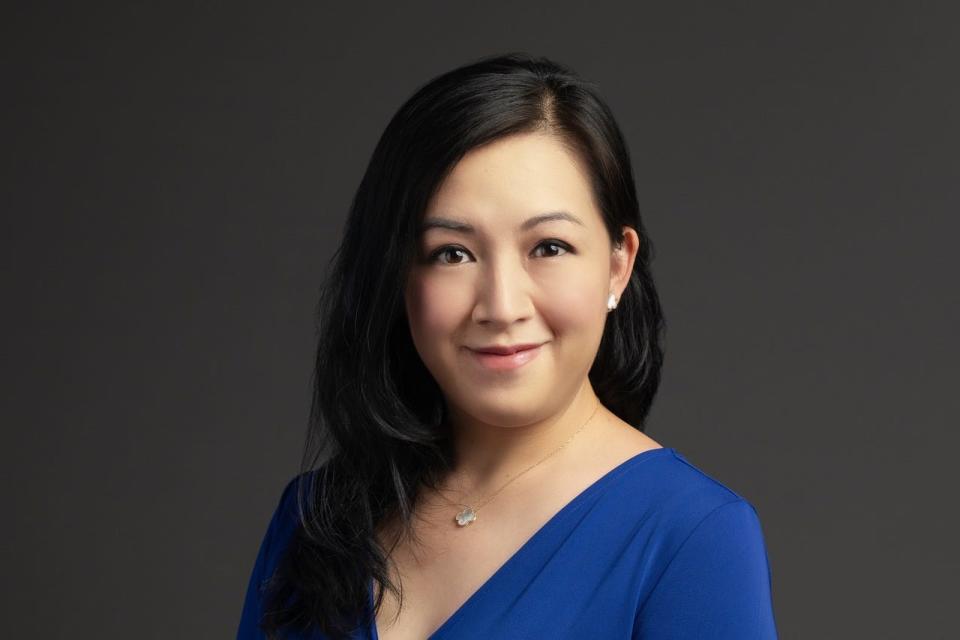
Dr. To said she urged Bresnahan to go public with his plea.
“I pushed him really hard to get his message out because he has so much to offer,” she said. “This is a young man who did nothing to his liver to be so sick. He’s a tremendous asset to his community, to the children he teaches, and he puts that as a priority over himself.”
Bresnahan’s biography and his public appeal are available at https://bit.ly/3z6vfSj
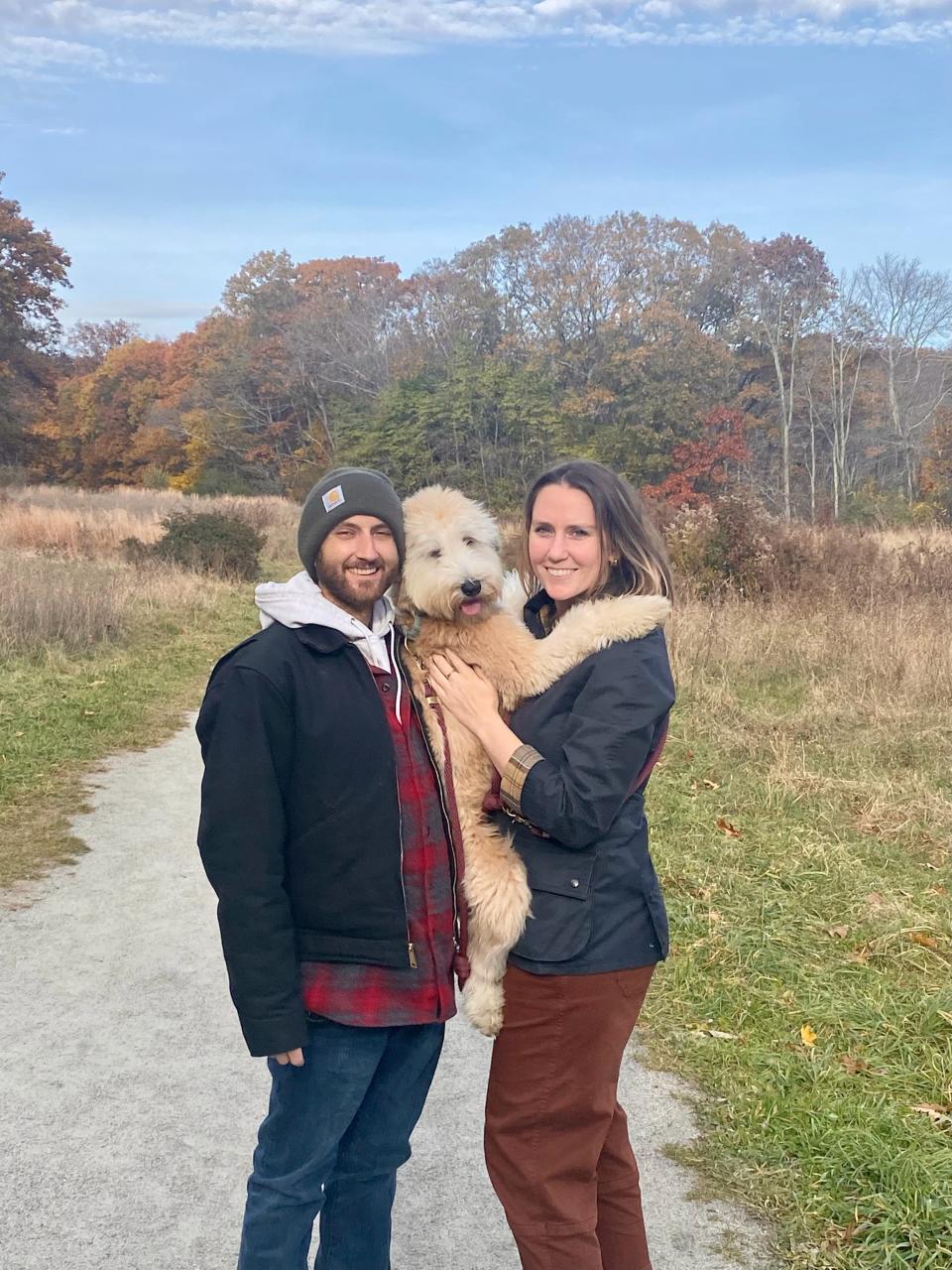
“Selfishly, I'm thinking if I got a donor today, my quality of life would be completely turned around,” he told The Journal. “I’d be able to afford that ring for my girlfriend. I'd be able to start saving. We could start a family, we could maybe eventually get out of these small apartments [where they have lived] and build up a little bit financially.”
He added: “But if you're not a match with me, you could be that match for someone else.”
To learn more about living donations, call toll free toll-free 866-YALE-TXP (866-925-3897) or visit https://www.ynhh.org/services/transplantation/center-for-living-organ-donors
This article originally appeared on The Providence Journal: Providence man needs liver transplant to save his life

